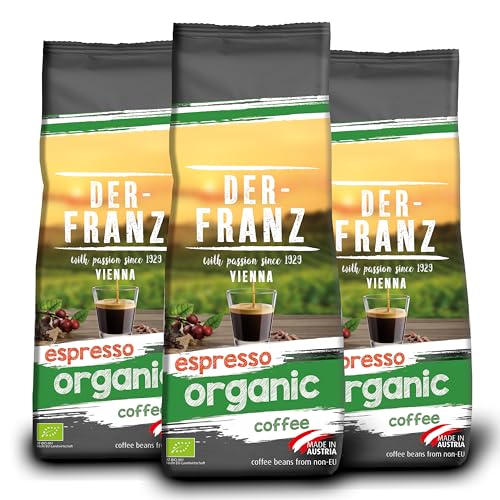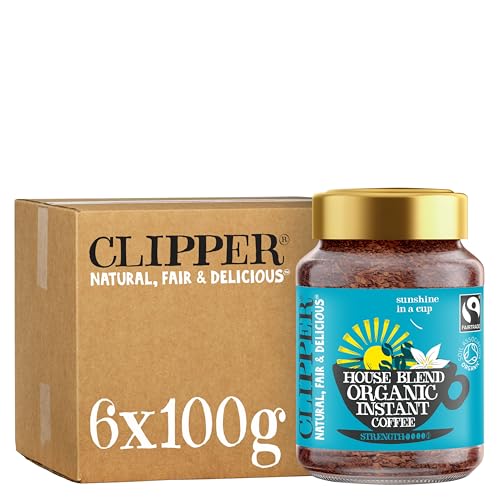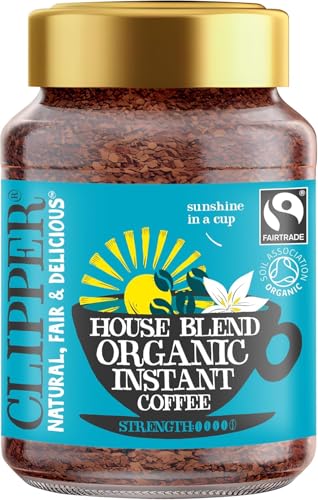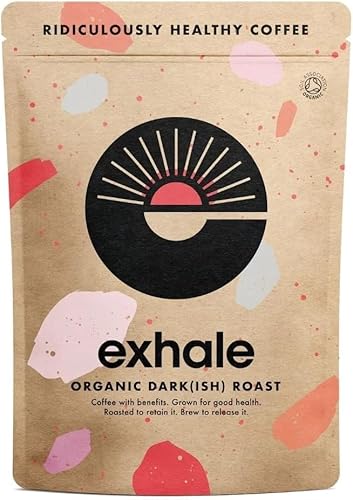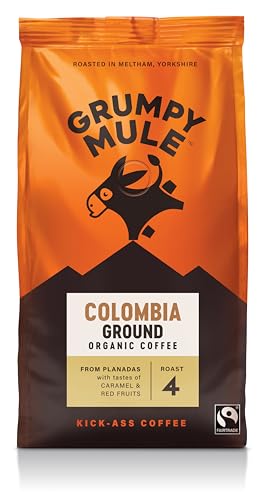Understanding Organic Coffee: What Makes It Special
The Essence of Organic Coffee
Organic coffee is grown without the use of synthetic fertilisers, pesticides, or herbicides, which allows for a more sustainable farming approach. This not only preserves the health of the soil but also results in a cleaner product that’s better for consumers and the environment. When we drink organic coffee, we enjoy beans that come from farms practicing crop rotation and biodiversity, catering to natural ecosystems that aid in producing rich and flavourful coffee.
Benefits for the Farmers and Eco-system
By choosing organic coffee, we support farming practices that empower smallholders to sustain their livelihoods. Organic certification often means farmers receive a premium for the coffee, which improves their economic stability. Additionally, these practices enrich biodiversity, protect water quality, and contribute to healthier ecosystems — factors essential for long-term sustainability.
How to Choose the Right Organic Coffee for Your Taste
Understanding Coffee Profiles
Every organic coffee comes with a unique flavour profile influenced by its region of growth, processing method, and roast level. When selecting organic coffee, consider whether you prefer fruity, nutty, or chocolaty notes. For instance, Ethiopian coffees often have bright, fruity characteristics, while Colombian varieties tend to be mild and well-balanced.
Choosing Your Roast Level
Organic coffee is available in various roast levels ranging from light to dark. Light roasts preserve the coffee’s natural flavours, often highlighting the fruity or floral notes, while dark roasts bring out a deeper, bolder profile with smoky undertones. Experimenting with different roast levels can help us pinpoint exactly what we enjoy most.
Brewing Techniques: Making the Perfect Cup of Organic Coffee
The Importance of Freshness and Grind Size
To ensure the best taste, it’s essential to use fresh coffee beans and the right grind size. For instance, a coarser grind is ideal for French press brewing, while a fine grind works best for espresso. Freshly ground coffee enhances flavour and aroma, making a significant difference in our daily coffee ritual.
Exploring Brewing Methods
There are numerous methods to brew organic coffee, including drip brewing, pour-over, and cold brew. Each method has its unique advantages and nuances. For a bright and clean cup, pour-over techniques allow better control over the brew time and water flow, while cold brew provides a smooth, less acidic alternative.
The Environmental Impact of Choosing Organic Coffee
Reducing Chemical Runoff
Selecting organic coffee helps decrease the amount of chemical runoff that can contaminate streams and rivers. By avoiding synthetic chemicals, organic farming prevents harm to aquatic ecosystems and promotes healthier water sources for surrounding communities. We play a role in fostering agricultural methods that respect nature.
Supporting Biodiversity
Organic coffee farming practices promote biodiversity as they encourage growing other plants alongside coffee. This diversification supports a variety of species, creating habitats for wildlife and enriching the surrounding environment. By choosing organic coffee, we’re not just selecting a beverage—we also contribute to the preservation of diverse agricultural landscapes.
Exploring Popular Organic Coffee Brands and Their Offerings
Highlighting Notable Brands
Several brands are well-regarded for their commitment to quality and sustainability. Look for options like Stumptown Coffee Roasters, known for their direct trade practices and rich flavour profiles, or Kicking Horse Coffee, which offers robust organic blends with a fair trade approach. Each brand has its unique story and dedication to quality.
Discovering Unique Offerings
Many organic coffee brands offer distinct blends that cater to different tastes. Some may feature single-origin coffees, which showcase specific regional characteristics, while others offer well-balanced blends. We can explore these brands online or locally, often finding interesting tasting profiles that will suit our individual preferences.

